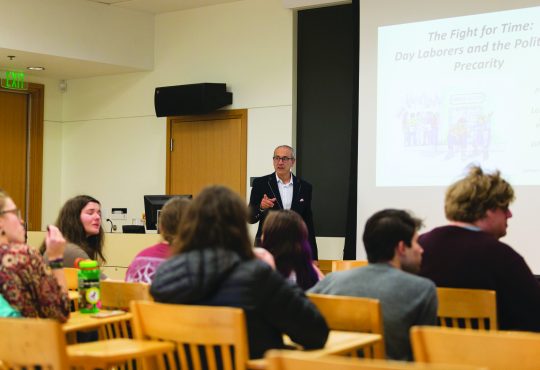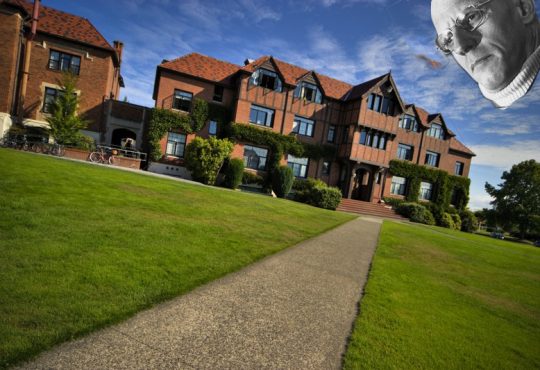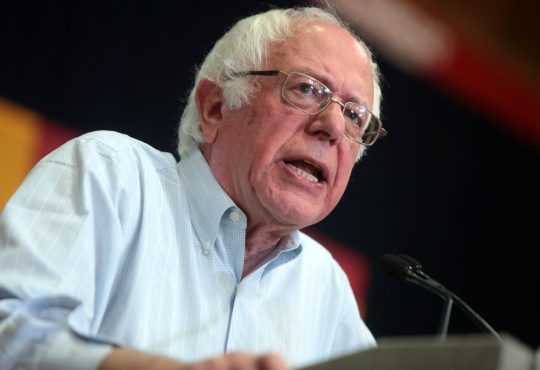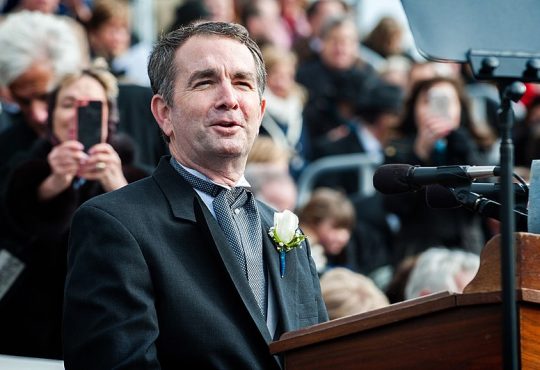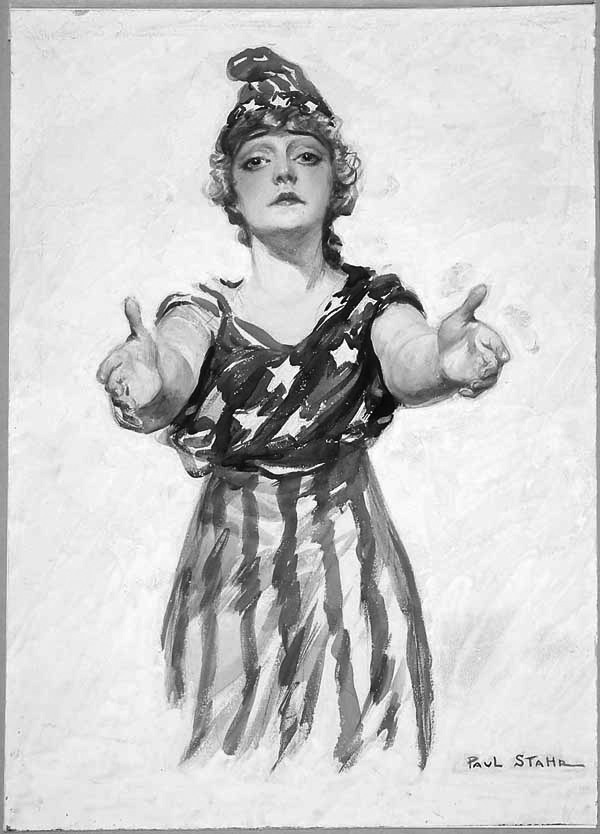
American political discourse is no longer won through strength of argument, but rather by instilling fear—fear of being an outsider, of being abused by the man, or of vague foreign threats. Politicians and pundits turn words into buzzwords and repeat them until their meanings have changed entirely.
Let’s break down a couple of these abused terms. First, “American.” What is an American? Is it not simply someone living in our country? (Ignoring the technicality that anyone from North or South America is American)
Calling something un-American isn’t meant to evoke thoughts like “Oh, you mean foreign?” or even “Hmm, this must conflict with the values and behaviors most common in America.” Instead, it implies “wrong”.
Being un-American in a specific way is worse than being generally so. Socialists want to subvert American capitalism, give everyone a free ride, and let the government control everything. They have “agendas,” which are colloquially “things bad people want to do to hardworking Americans,” rather than “attempts to influence political policy”.
Fear of socialism today reflects the fear of communism during the Cold War, albeit less strongly. The difference is that then, Americans were afraid of a rival super power that happened to be communist (i.e. economically and politically socialist) and therefore were afraid of communism. Now we are afraid of economic socialism, either because of a Cold War-era fear inherited from the previous generation, or because it is different from the free market capitalism many Americans idealize as true freedom. This fear overlooks the partially socialist nature of our country. People who declare themselves anti-socialist would probably not decline the aid of the police and fire departments or the public school system.
Critics attack campaigns for universal healthcare as a socialist agenda. Labeling a plan as a socialist and tacking “care” on the end of a politician’s name (e.g. Obamacare, Romneycare) uses fear to imply that it’s a plan for healthcare reform that seeks to harm rather than help.
This type of political rhetoric also tells us that our political opponents seek to undermine our morality or control our lives. For conservatives, these social enemies are the progressives who want to run naked in the streets and marry goats. For liberals, the enemies are medieval-minded religious zealots who want to silence free thinkers and take away everyone’s right to make personal choices.
The notion that politicians would want to harm their constituents is ridiculous. Sure, they have an “agenda” to get reelected, but Republicans aren’t out to “get” Democrats or vice-versa.
Making enemies out of political opponents is a great way to beat them in the polls, and there is no strategy more effective than framing them as un-American. Because of these tactics, your modern political adversaries and their constituents aren’t just people who disagree with you—they’re people who hate what you believe and want to change your way of life.
Fear of difference or the unknown makes this tactic effective. But is this really how we want to conduct our politics? The chasm between the political parties is widening, and having a divided country is not in the interest of the common good. How can we get anything done if we’re alienating people whose beliefs balance and complement our own? We can’t. To invoke the un-American argument is anti-American.

